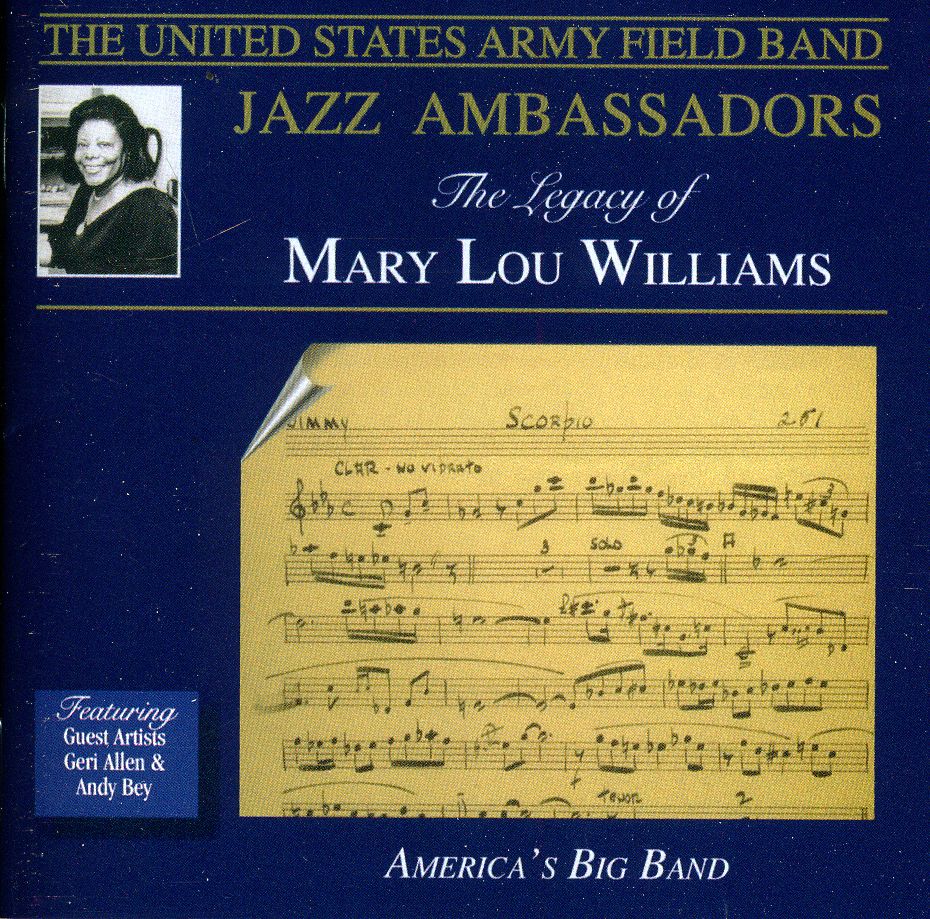
Duster, Michelle
product information
description
8African Americans were deliberately and systematically eliminated from participating in the preparation and exhibition of the Columbian Exposition (World's Fair) of 1893. This event, which took place in Chicago, Illinois drew tens of thousands of visitors from across the country and world to showcase the innovations and progress of the United States. The fact that an entire group of people who had been free citizens for almost thirty years, and who had made important contributions to the development of the nation were not given representation at such a signifi cant international forum provoked a protest. A small group of four people contributed to a pamphlet entitled The Reason Why the Colored American is not in the World's Columbian Exposition. Thousands of pamphlets were distributed to inform people who attended the fair from all over the world about the injustice that existed in the United States. Class Legislation, attributed to Ida B. Wells, and Lynch Law, written by Ida B. Wells, were two sections included in the pamphlet. The pieces give a glimpse for today's readers to understand the cruelty and hypocrisy of the country at that time. The generation of African Americans who had hopes that the end of slavery would be the end of their injustice eloquently documented how those hopes had not come to pass. Ida B. Wells' grandson, Troy Duster, and great-granddaughter, Michelle Duster, add historical perspective and insight into how much things have changed or not when it comes to the African American experience in the United States of America. Ida B. Wells (1862-1931) was born a slave in Holly Springs, Mississippi, but through a series of circumstances ended up traveling across the country as well as to Europe to expose the injustices against African Americans that were raging through the South. She was a journalist, teacher, anti-lynching crusader, women's rights activist, civil rights pioneer and one of the founders of the NAACP at the turn of the 20th century.
member goods
No member items were found under this heading.
Return Policy
All sales are final
Shipping
No special shipping considerations available.
Shipping fees determined at checkout.







